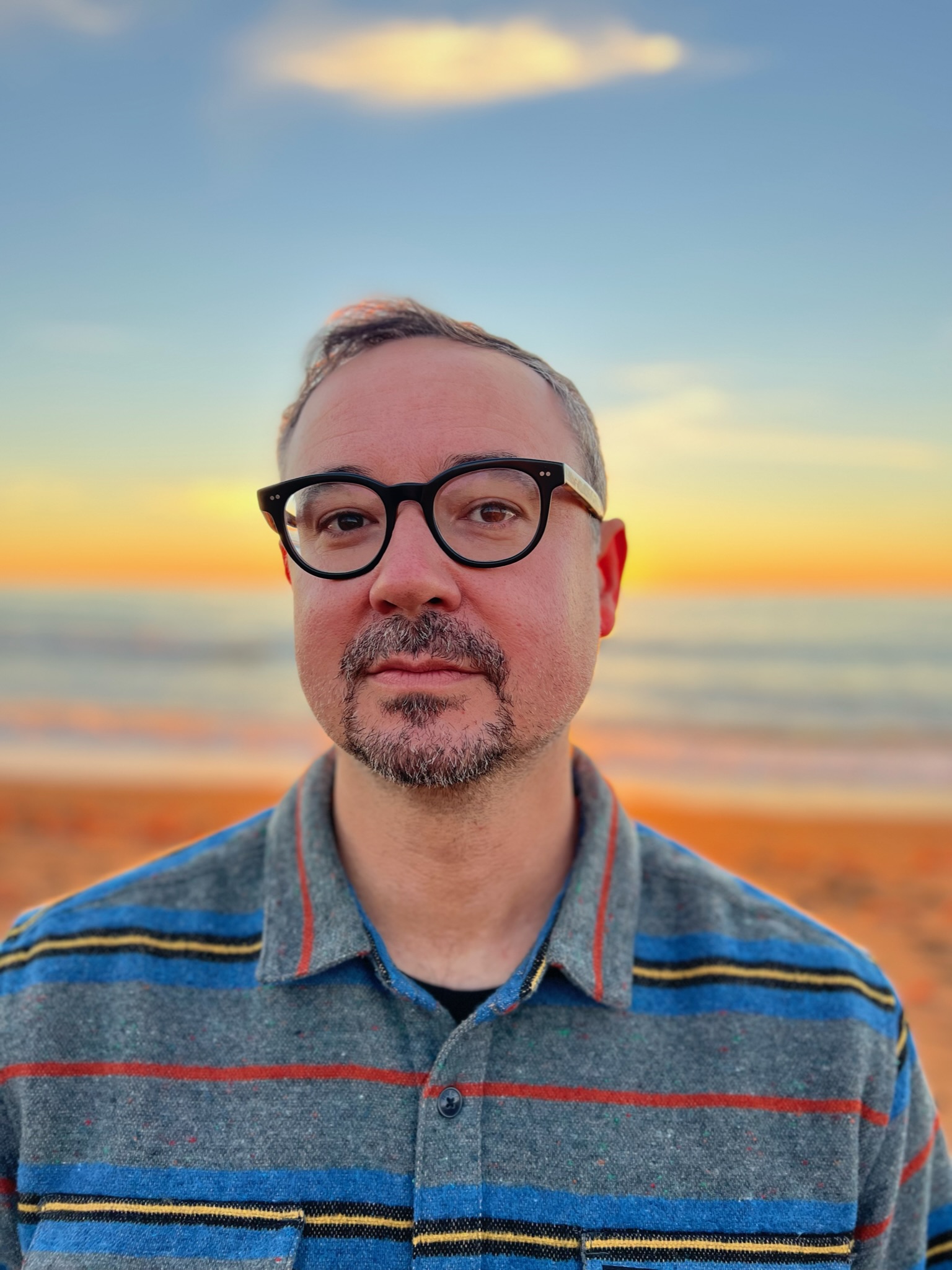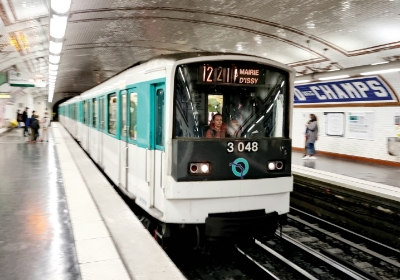THERE’S SOMETHING INNATELY TERRIFYING about seeing a freight truck barrel down the road with no driver at the wheel.
Ann Carlson experienced this a couple of years ago from inside the cab of an 18-wheeler as it drove itself down a Texas highway. Surprisingly, it didn’t take her long to get comfortable. “The technology is amazing,” said Carlson, who spent the 20-mile ride staring at digital screens displaying upcoming obstacles using LiDAR and radar. A safety driver had joined her as back-up but didn’t once touch the steering wheel. Computers did the driving. Companies revolutionizing the long-haul trucking industry say they are ready to test fully driverless trucks next year.
The future of transportation is here. Carlson, an environmental law professor, steered the National Highway Traffic Safety Administration as a senior Biden official. Now back at UCLA, she is teaching about the path forward for safer vehicles — and a safer climate.
“The computers on board vehicles now are extraordinarily complicated — much more complicated actually than on aircraft,” Carlson told me in a series of interviews. “That means that transportation is really exciting right now, and it also means that it poses real regulatory challenges.”
On that day in May 2022, while Carlson rode shotgun down the Texas highway, she was in the driver’s seat of the federal agency in charge of America’s roadways. She took leave from UCLA in January 2021 to help lead the National Highway Traffic Safety Administration (NHTSA), first as chief counsel and then as acting administrator, during a critical time. As a leading scholar on policies to address air pollution and a founding director of the Emmett Institute on Climate Change & the Environment, she personified the Biden-Harris administration’s commitment to tackling climate change.
It’s no secret that transportation is one of the greatest contributors to greenhouse gas emissions, causing climate change and threatening lives. Meanwhile, traffic crashes are a major cause of death and injury. As part of the U.S. Department of Transportation, NHTSA addresses these dual crises by helping to make our vehicles more efficient, less polluting and safer.
“We are at the precipice of two major and significant technological changes,” Carlson said, “electrification and automation.” Nearly a quarter of all vehicles sold in California last year were EVs, and other states are catching up. Thanks to the 2021 Bipartisan Infrastructure Law, big money is flowing to roadways, public transit and electric charging infrastructure. Working under Transportation Secretary Pete Buttigieg, Carlson tapped those resources to grow her agency’s budget by 50% and increase staff from 600 to 750.
The agency oversees thousands of recalls each year. The one that got the most attention during her tenure was a Tesla recall because of problems with its autopilot system. (Ironically, the technology worked well enough to lure drivers into complacency but not so well to avoid crashing.)
Carlson also enacted tougher safety regulations for cars and trucks, including two sets of stricter fuel economy standards. And her agency issued a rule that will require automatic emergency braking on every new light-duty vehicle, including the capacity to detect pedestrians and operate at night, when 70% of pedestrian fatalities occur. It is clear that the future of transportation technology has arrived, but policies and regulations are just catching up.
Her accomplishments came despite roadblocks.
Around the time Carlson rode in the 18-wheeler, she became the target of a conservative dark-money group called the American Accountability Foundation, a tax-exempt nonprofit that doesn’t disclose its backers and tries to prevent the approval of Biden administration nominees. It targets “relatively obscure, sub-Cabinet-level political appointees, whose public profiles can be easily distorted and who have little entrenched support,” as the New Yorker’s Jane Mayer described them.
For months, Carlson led the NHTSA as acting administrator while being vetted to serve as administrator. In February 2023, when President Biden formally nominated Carlson, attacks in conservative media began. Stories on Fox News and elsewhere falsely claimed that Carlson lacked interest or experience in vehicle safety and was trying to “hijack” the agency. Sen. Ted Cruz (R-Texas) fixated on Carlson for her work on strengthening fuel economy standards. Cruz said she and other Biden officials were pursuing “radical and aggressive policies that would be harmful to America’s oil and gas industry.”
Carlson withdrew her name from consideration in May 2023, becoming one of several nominees whom the AAF and Cruz, ranking member of the Senate Commerce Committee, helped to tank. “Their aim is to throw sand in the gears of the Biden administration by targeting sub-cabinet appointees, and to use any means to do so,” Carlson told me. “It’s disproportionately women and people of color.”
Such attacks can demoralize rank-and-file employees, while agencies never get to experience the talents of the nominees. This can have a chilling effect if qualified experts think twice about serving in government.
Fortunately for NHSTA, when Carlson withdrew, she was quickly reappointed by Biden in her acting administrator capacity and led the agency through 2023, returning to UCLA last winter.
Back on campus, Carlson is finishing a book on fighting Southern California air pollution and is set to teach a new class called “Regulating the Automobile.” The class focuses on the dual revolution of electrification and automation. How can government accelerate these changes? How do we balance innovation and safety? If one person dies in an automated vehicle, it brings many more headlines than the 40,000 people who die each year on the road because of human drivers. We’re hard-wired to fear that driverless truck.
Even if robot EV fleets are where American transportation is headed, Carlson points out that the promise of automation is already realized with features like automated emergency braking and dynamic cruise control lane centering. “And that should produce big safety benefits,” she said, “even as humans stay behind the wheel.”
























